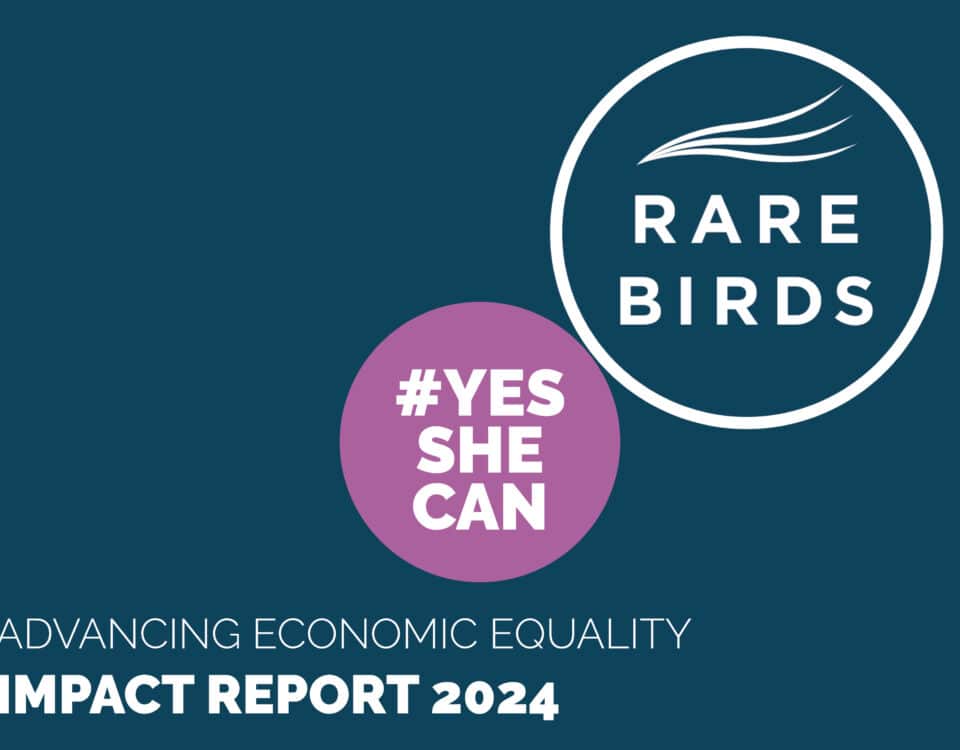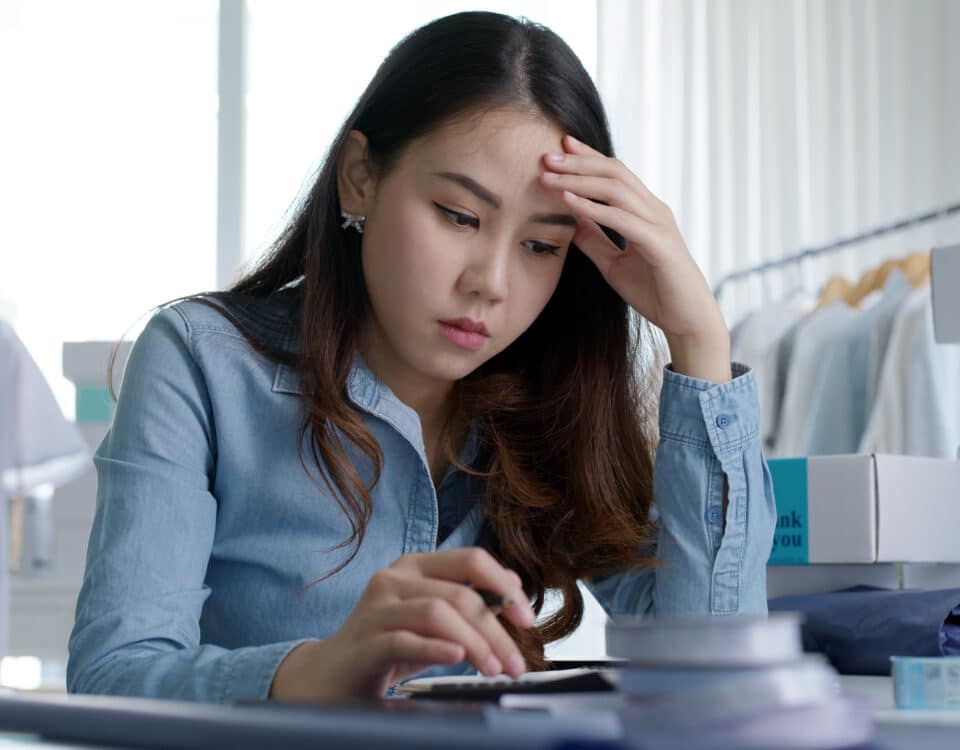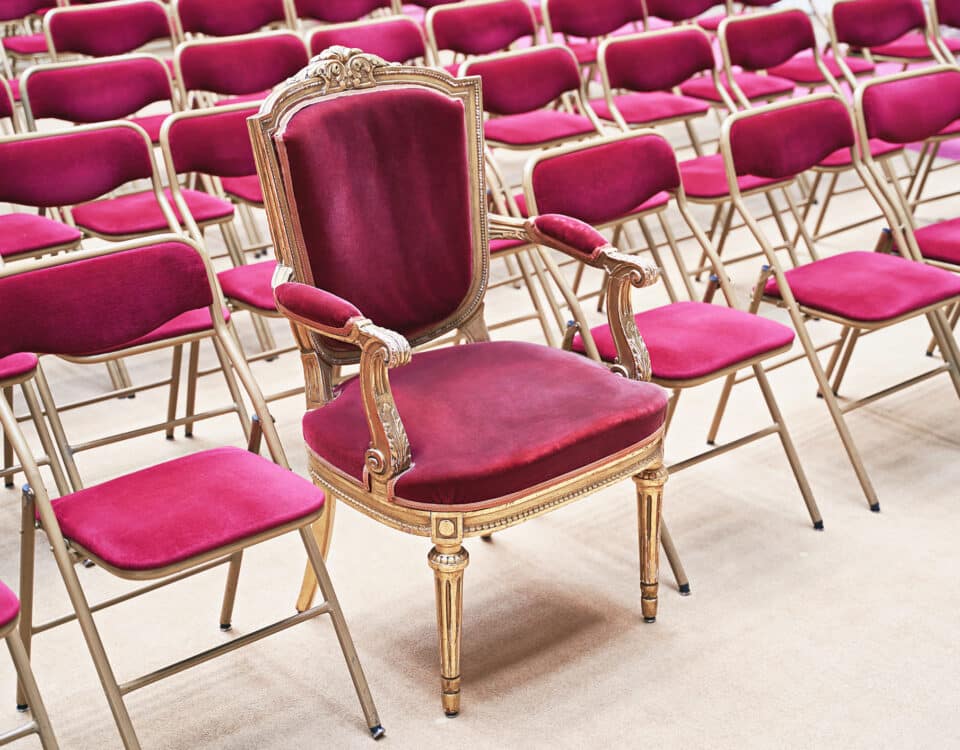Even though the figures show that you get a better ROI investing in a female-led startup, the VC community is still investing disproportionately in the guys.
WHY?
There are several reasons that have been highlighted in recent reports. One is that the VC community is overwhelmingly made up of men. In late 2019, The Australian Financial Review polled leading firms and found that of 50 partners, only 11 were women.
As female founders often look to solve problems faced by women, male-only panels of investors often cannot see the opportunities in the issue which female-led companies are aiming to address.
Susan Lyne, co-founder of BBG Ventures, who set up a firm specifically to invest in consumer tech startups with a female founder, is familiar with the issues female founders face.
“I think the issue is pretty simple,” she explains. “This is an industry that has always run on relationship networks. Someone you know and respect makes a warm introduction to a great founder and you agree to hear their pitch. But if women are not part of your network, you’re just at a big disadvantage — you’re going to miss a lot of great companies. I think investors are finally starting to wake up to this. More and more VC firms are adding a female partner — partly because there’s been a lot of noise about it, but mostly out of self interest.”
Thankfully, increasing numbers of successful female founders are now turning their eye to investment and they are evening out the playing field by supporting women-led enterprises.
Adore beauty founder Kate Morris agrees that the answer – at least for now – lies in getting more women into investing. She recently told The Age that she wants to see more women startup founders making the switch to funders, given that startups co-founded by women received just 27 per cent of venture capital funding in Australia for the first half of this year.
“One thing we definitely do need to see is more women making investment decisions,” she says. “Historically the investor base is always skewed very white male and I think that’s one of the opportunities for growth in the Australian ecosystem, to see more women founders becoming successful and then being able to add more diversity to the investor base.”
Another significant barrier for women happens during the pitch process, where it has been identified that there is a marked difference between the questions asked of women and those asked of male founders seeking investment.
Harvard Business Review carried out an observational study into the interactions between VCs and entrepreneurs, analysing video transcriptions of Q&A sessions. They found that VCs tended to ask male founders questions about the potential for gain, and female founders questions about the potential for loss.
This bias was found in both male and female VCs. The difference in questioning resulted in a huge funding disparity: “for every additional prevention question asked of an entrepreneur, the startup raised a staggering $3.8 million less, on average”.
Learning how to navigate this process is crucial: reframing a prevention focused question by giving a promotion focused answer is key. Presenting with confidence and having a full understanding of investor expectations ahead of the pitch is also important for a successful raise.
So how do female founders get in front of the right people with the confidence gained from a deep understanding of the investment ecosystem?
With funding from the City of Sydney, Rare Birds is running a national program for female founders. Aimed at getting women investment-ready, the free program combines masterclasses, mentoring and a ‘meet the investors’ (online) event to provide the knowledge, confidence and connections to successfully navigate the path to funding.
Applications for the program will close on September 3 and I encourage all female founders, particularly those ready to scale, to register for a spot. Ten women who complete the program will also receive six months of one-to-one mentoring from a business expert in the Rare Birds community.




